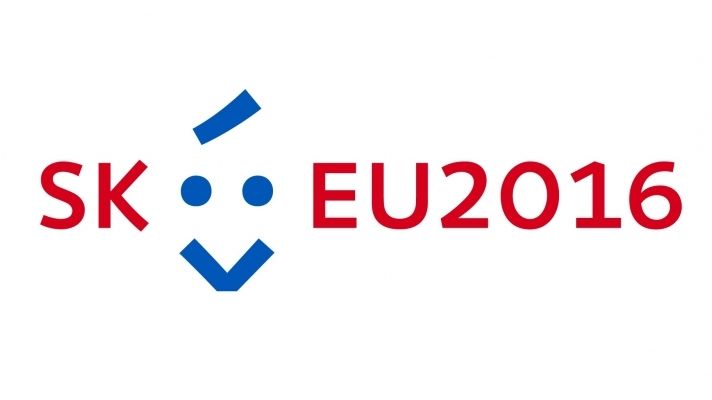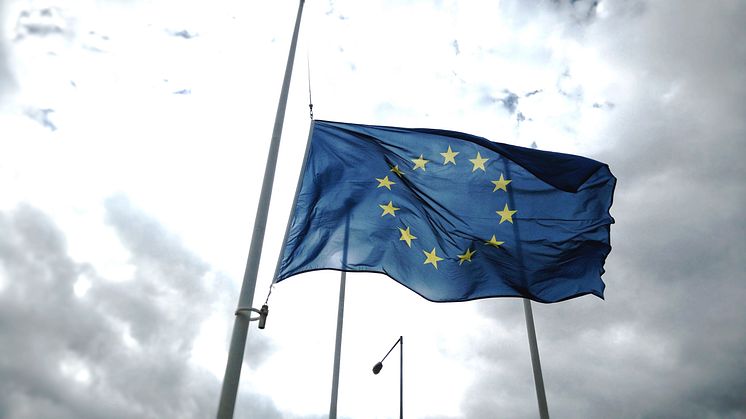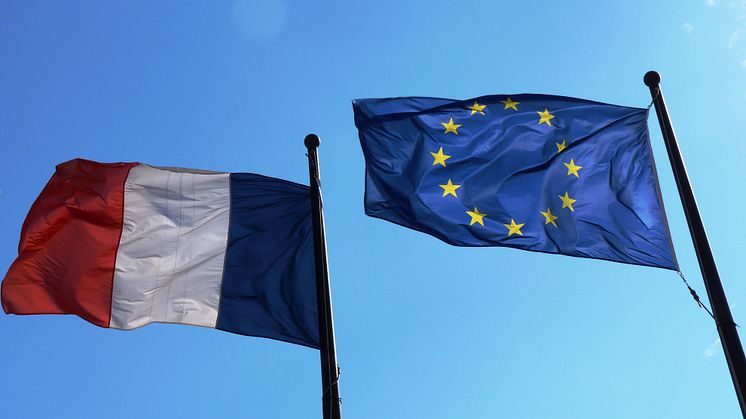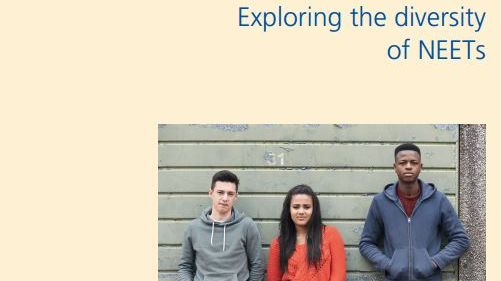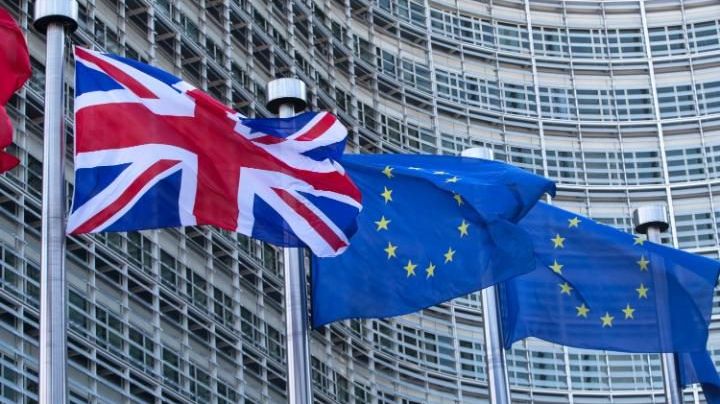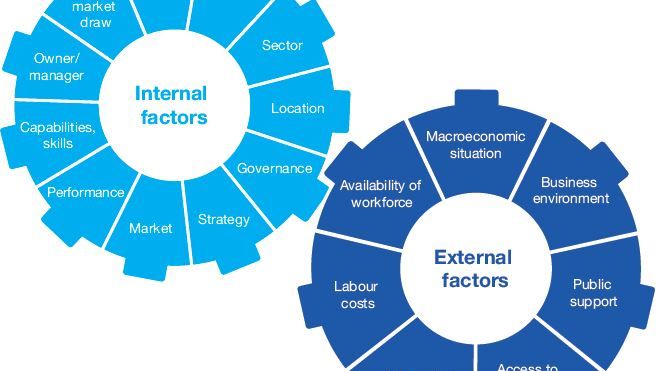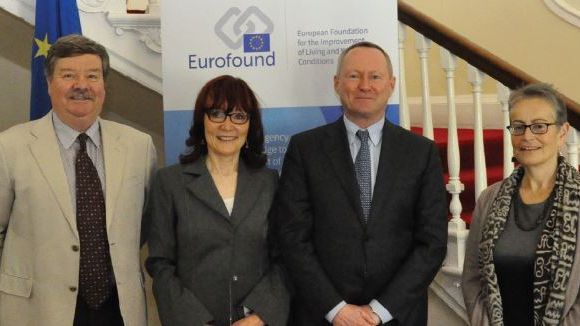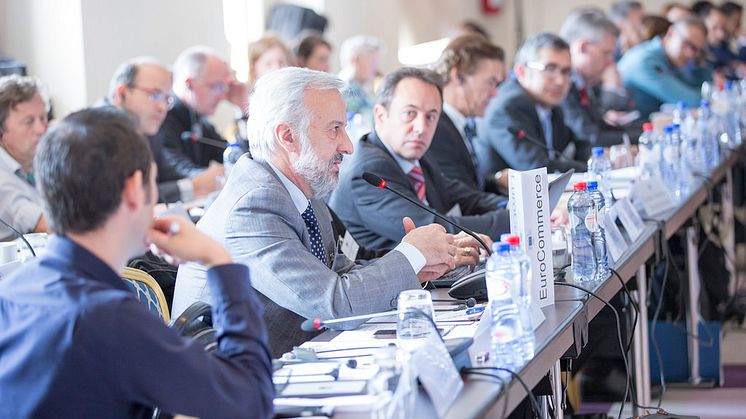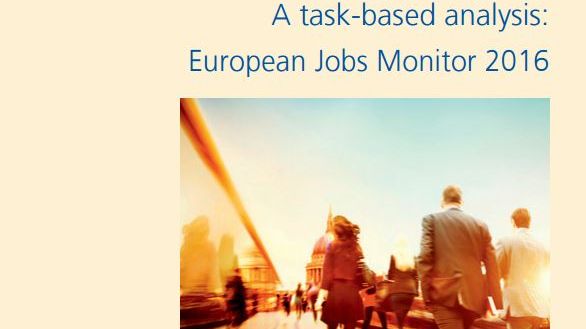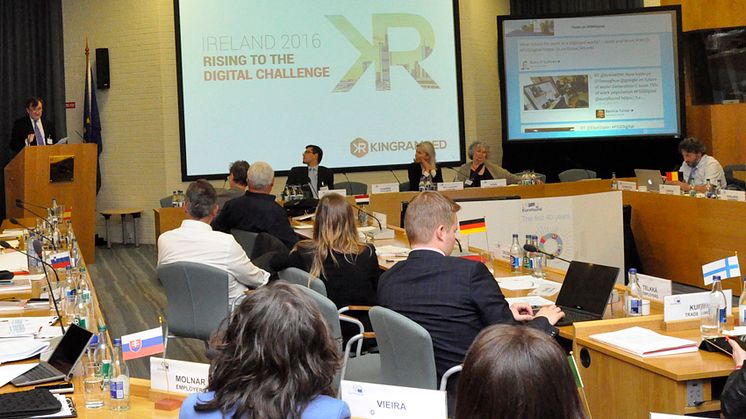Working with the Slovak Presidency
From Eurofound News July/August 2016
Slovakia took over the Presidency of the European Council from the Netherlands on 1 July, at a time of considerable challenges for the EU.
The priorities of the Presidency are: an economically strong Europe; a modern single market; sustainable migration and asylum policies; and a globally engaged Europe. Eurofound is cooperating with the Presidency in rel
